Important Legal Documents for Memory Loss Patients

Memory loss in the elderly, whether brought on by Alzheimer’s disease or some other cause, is a progressive condition, becoming worse over time. At some point in the progression of this condition an elderly patient will lose the ability to make rational decisions and someone else, usually an adult child, will have to take over responsibility for making medical and financial decisions on behalf of the memory loss patient. For this change to take place legally, quickly and inexpensively, two important documents must be signed by the elderly patient while they are still competent to make legal decisions.
Medical Durable Power of Attorney
A Medical Durable Power of Attorney (MDPA) is a legal document appointing someone else to speak for a patient regarding medical decisions, in the event the patient cannot speak for themselves. The document specifically names an individual, plus one or two alternates, to take charge of medical care. The document also allows a patient to specify certain types of treatment they do or do not want in the event the patient cannot speak for themselves and will not recover from their illness. Ideally, this document should be signed long before someone develops memory loss.
If an elderly patient is diagnosed with memory loss and does not have a MDPA in place, the patient may still have time to sign a MDPA. Most elderly patients in the very early stages of memory loss, are still quite independent and rational and would still be considered legally competent to sign legal documents. This fact affords the memory loss patient an opportunity to execute and sign a MDPA even after being diagnosed. Once a memory loss diagnosis is made, the elderly patient and their family need to move quickly to have a MDPA executed, before the elderly patient’s competency to sign legal docments become questionable. Memory loss can progress quite rapidly in some patients and dramatic changes in abilities can occur almost overnight.
The family of a patient with memory loss will be called upon to make difficult choices regarding medical care. One such choice occurs frequently with late-stage memory loss patients and provides a good example of the importance of an MDPA. Near the end of life, many memory loss patients stop eating. A patient may be hand-fed for a time but eventually the patient stops swallowing and any further attempts at hand-feeding will cause aspiration or choking. At this point the family must decide whether to connect their parent to a feeding tube or allow their loved one to pass away. With an MDPA in place, the family will not have to guess how their parent felt about such a difficult decision. The MDPA will state specifically whether the patient does or does not want such life-prolonging medical care.
The MDPA accomplishes many objectives. It makes the transition of responsibility for medical decisions smooth and inexpensive, avoiding the possibility of costly and time-consuming court hearings. It allows the elderly parent to set forth in detail the type of medical treatment they do or do not wish to receive in the event they are terminally ill and cannot speak for themselves. It relieves the adult children of the burden and uncertainty of trying to guess how the parent felt about life-prolonging medical treatment. It allows the patient advocate to execute a Do-Not-Resuscitate Order to make certain the facility caring for their parent follows their parent’s wishes regarding life-prolonging medical treatment.
General Durable Power of Attorney
Similar to a Medical Durable Power of Attorney, a General Durable Power of Attorney (GDPA) appoints someone to act on behalf of the memory loss patient for financial and property decisions. (If the memory loss patient has a trust, the language of the trust may have the same effect as the GDPA, giving authority to a successor trustee to handle financial affairs when the memory loss patient can no longer handle such matters.) Without a GDPA (or the equivalent language in a trust,) a court hearing will be required to appoint and empower a conservator who will handle financial and property affairs for the memory loss patient. Such court hearings can be expensive.
Both the Medical Durable Power of Attorney and the General Durable Power of Attorney are critical legal documents. They give effect to the wishes of the people involved and they avoid the expense and uncertainty of probate court oversight.











